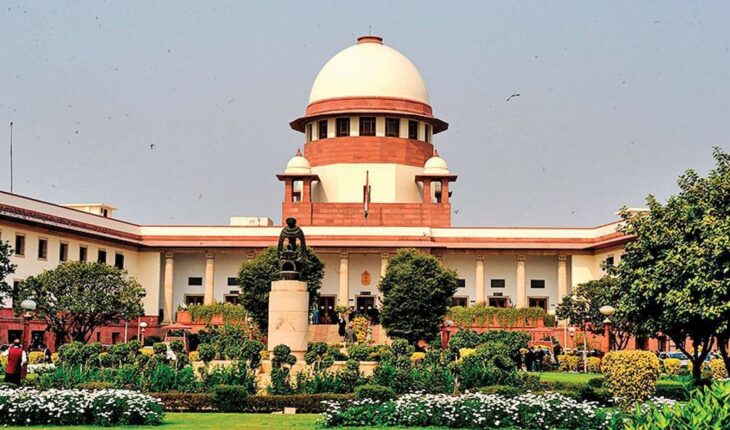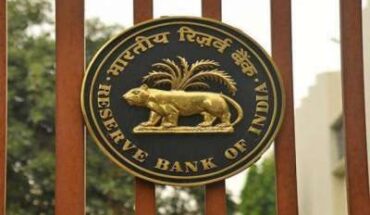In one of its recent verdicts, India’s Supreme Court has shown sound restraint while examining the issue of misuse of free speech, especially by political functionaries holding public office. It is to the credit of the Constitution Bench that it did not make any adventurous attempt to expand the scope of the restrictions already spelt out in the Constitution. The context being some rash and intemperate remarks by two ministers, one while serving in the Uttar Pradesh Cabinet and another in Kerala, there was some expectation that the court should carve out an additional restriction on public servants either by making the state vicariously liable for their remarks or by evolving a code of conduct enforceable by law. The four judges who signed off on the main opinion, as well as the fifth judge who wrote a separate one, correctly concluded that the specified grounds for reasonable restrictions in Article 19(2) are “exhaustive” and nothing further can be added by judicial fiat. The majority also declined to expand the notion of ‘collective responsibility’ to fix liability on the state for such remarks. Justice B.V. Nagarathna, writing a separate opinion, differed on this point, saying it is possible to attribute vicarious responsibility to the government if a minister’s view represents that of the government and is related to the affairs of the state. Justice Nagarathna, meanwhile, holds the view that there should be a proper legal framework to define acts and omissions that amount to ‘constitutional tort’. The court’s overall view that fundamental rights are enforceable even against private actors is indeed a welcome one. This largely settles the question of whether these rights are only ‘vertical’, that is, enforceable only against the state, or ‘horizontal’ too, that is enforceable by one person against another.
No more curbs needed on free speech
|
January 7, 2023 |






